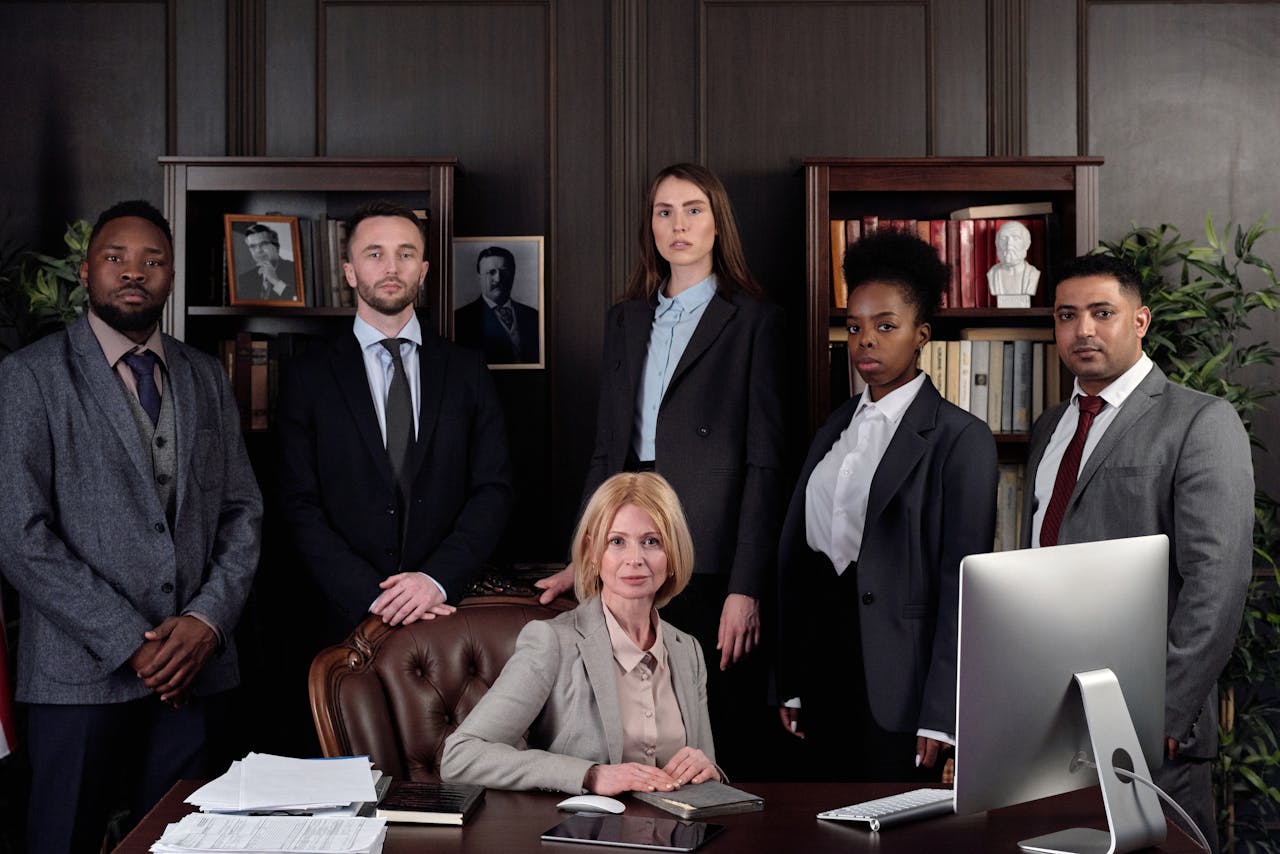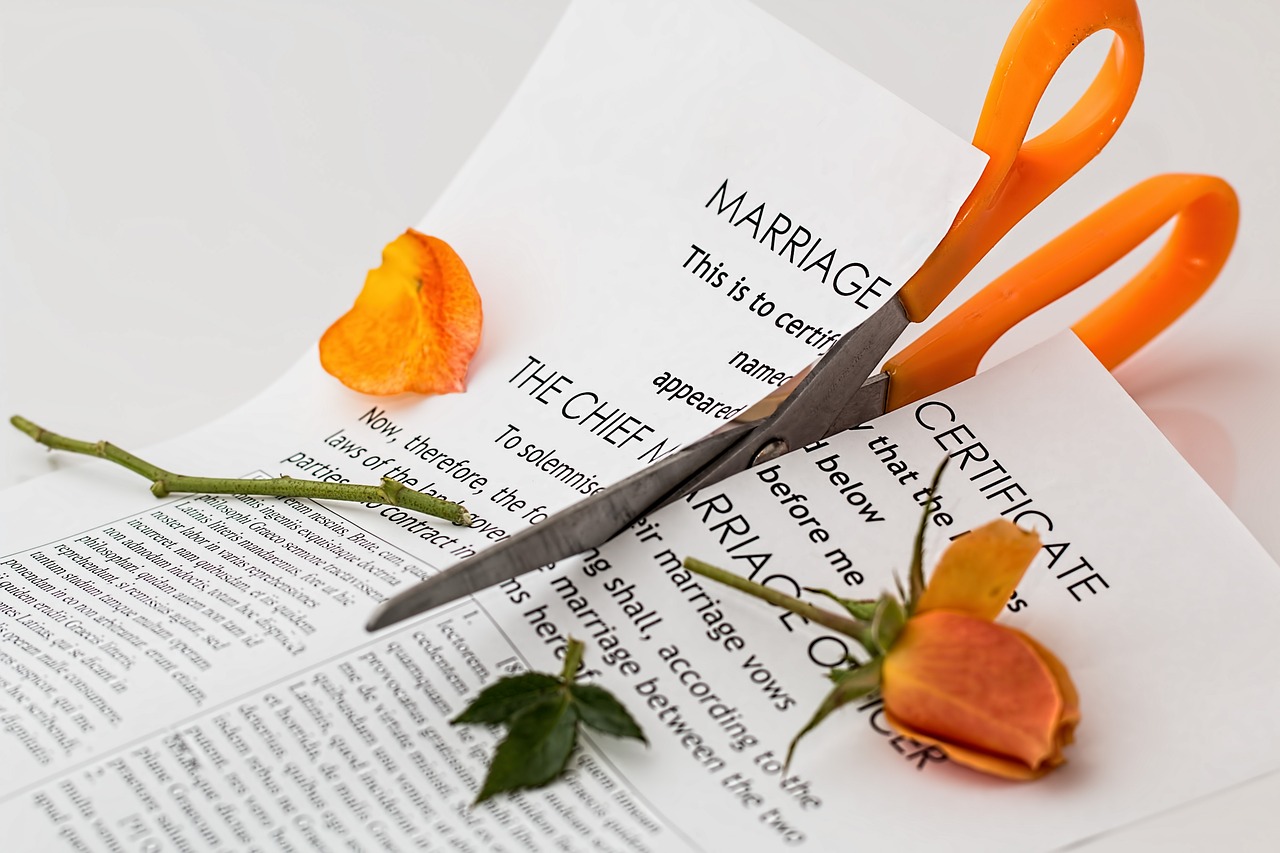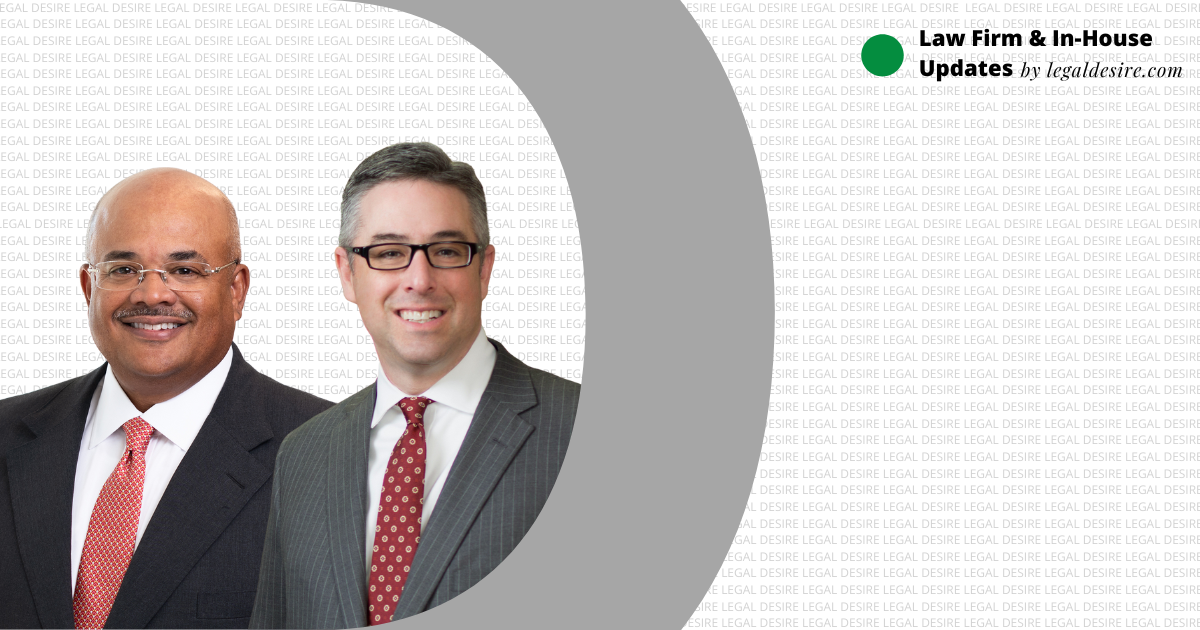Now Reading: How to Find the Right Lawyer for a Loss of Consortium Case
-
01
How to Find the Right Lawyer for a Loss of Consortium Case

How to Find the Right Lawyer for a Loss of Consortium Case
If you get into personal injury law, you will soon learn about loss of consortium. The term might not mean anything to the average person, but to a personal injury lawyer, it can sometimes mean a major payday. That happens if they can prove their client suffered loss of consortium and they can lay the blame at the foot of the person or company they’re suing.
Understanding loss of consortium in personal injury law becomes paramount in some cases, but not just lawyers should know about it. The average citizen should as well, since they may have to sue an individual or business entity at some point in their life.
In this article, we’ll break down the loss of consortium concept. We will also talk about how you can find the right lawyer if you feel you fall into the category of individuals who lost consortium and you can sue someone you blame.
What Does Loss of Consortium Mean?
First, let’s define loss of consortium to make sure you know what we mean when we use this term. Loss of consortium means that you can no longer do something you once could. Usually, it comes up if you have a spouse or partner and you can’t do things for or with them that you could previously.
Basically, if you allege loss of consortium, you’re saying that the relationship between you and your spouse or partner changed because someone did something that impacted you.
Some Examples of Loss of Consortium
If you consider what married or coupled people do with each other, and then think about what it would mean if you couldn’t do those activities together anymore, you should have some idea of what loss of consortium means if someone brings it up in a courtroom setting.
If you can no longer have physical intimacy with your partner, that’s loss of consortium. Usually, this term doesn’t apply if you’re talking about economic damages. You can certainly sue someone over those as well. However, if you’re alleging loss of consortium, you’re referring to less tangible losses.
Maybe you sustained a head injury because a product harmed you. In the aftermath, you recover your faculties somewhat. However, you’re not the same person anymore.
You don’t have your sense of humor. You don’t share the same inside jokes with your spouse or partner that you once did. In short, you no longer have the same intimacy, and not just of a physical nature.
These kinds of situations can destroy a marriage. Two people might stay together after an accident or incident that causes loss of consortium, but maybe now they’re more like roommates than two intimate individuals who once shared everything.
You can probably envision how that can psychologically destroy two people. Maybe they’re still together, but they must now face a dramatically different life.
Look at the Lawyer’s Reviews Online
You will definitely need to find the right lawyer if you allege that a person or business caused loss of consortium. You can start by Googling “personal injury lawyers near me” or something to that effect. That should pull up a long list of lawyers and law firms in your geographic region.
Once you have some options, you can start looking at their online reviews. You can always look at the ones on their website, but they’re probably biased. A lawyer would never voluntarily feature any negative feedback on their site.
Instead, look at what people say about this lawyer on their Google business listing. How many stars do they have out of five? If they have two stars out of five and a bunch of poor reviews, then that probably means you should go with someone else.
Visit Their Website
Next, you can go to their website. The site can tell you a great deal about a lawyer. That’s true for any other business as well.
If the site seems professional and modern, then you can view this lawyer more favorably. You should see it load quickly and have excellent UX. The home page should feature social media buttons for following this lawyer or law firm. That indicates they embrace modern technology.
You should see plenty of full-color photos and videos that tell you about the lawyer and their firm. The website should mention the kinds of cases that this lawyer takes on. You should see dropdown menus, a blog, and an “About Us” section that details the background of the lawyer or firm.
Meet with Them and Ask Them About Their Track Record
If you see all of that, then you can contact the lawyer and try to set up a meeting. Pay attention to the interactions you have with the lawyer’s receptionist or administrative assistant, assuming they have one.
You want them to seem both friendly and professional. Remember that you’re a potential paying customer, so you want the lawyer and their employees to treat you well.
If you can set up a meeting with the lawyer, go and tell them about the case. Assess whether they seem both engaging and professional as well. The attorney’s appearance and how their office looks can also reveal a lot about them.
If they say they think you have a case after you explain what happened, then you can ask them about their track record. You should see whether they have ever represented someone who has a loss of consortium case. Maybe they work in personal injury law, but they’ve never represented someone with a situation quite like yours.
If they can point to cases very similar to yours that they handled in the past, then you can seriously consider hiring them. Make sure to ask the attorney how those cases turned out, though.
If they say they won all those cases, or most of them, then you can proceed with working out the payment details. If they tell you they lost most of their previous cases, find someone else.










